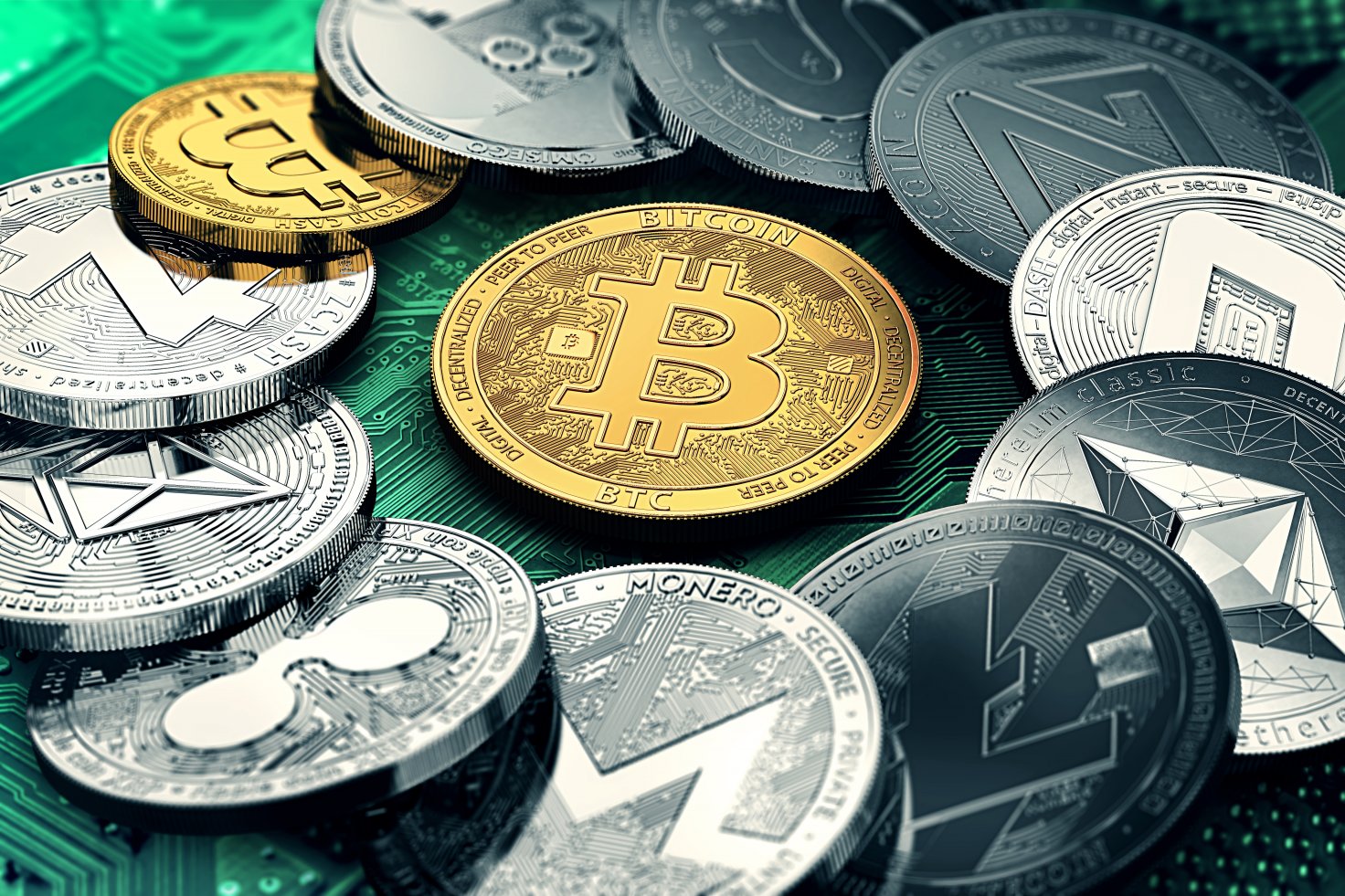What Are NFT Tokens?
nft stands for non-fungible token, and it’s the digital version of an item with a unique identity that’s attached to a blockchain. The most commonly used items are games, but NFTs have also been applied to art, music, sports highlights and even collectibles like trading cards. In 2021, NFTs were sold to represent Jack Dorsey’s first tweet, although that particular token turned out to be a bad investment.
The blockchain technology that powers NFTs enables them to be securely traded, tracked and verified. This has made NFTs a popular tool for creators, who can make their creations available in a global marketplace and allow users to purchase, trade or exchange them. NFTs are also a key component of the metaverse, a virtual space that allows users to create and share their own avatars and experiences.
Because NFTs have built-in authentication, they’re also often used as proof of ownership. That’s why many collectors value them as much as the actual item itself. It’s a lot like owning a physical copy of the Mona Lisa, or an original vinyl recording of your favorite song.
Most NFT games are free to play, but some use a cryptocurrency as an initial investment to give players a leg up in the game’s economy. For example, Axie Infinity is a popular NFT game where users can buy and sell in-game pets called Axies for real money. The game also has a scholarship program where sponsors loan three Axies to new players so they can get started in the game and potentially earn a percentage of their profits.
NFTs can be attached to almost any intellectual property, and developers have found plenty of ways to gamify the experience of owning them. They’ve been used to sell everything from sports highlight videos to video games to domain names and even social media posts. But despite the hype, NFTs haven’t been as successful at replacing traditional entertainment and retail industries as some had hoped.
There are a number of platforms that enable people to buy and sell NFTs, including the Ethereum blockchain, which is where most NFTs originate. Those NFTs can then be transferred between the various platforms using the blockchain’s native crypto, Ether. Some NFT marketplaces, such as MakersPlace and Nifty Gateway, accept traditional payment methods in addition to ETH. Others, like NFT Markets, only accept ETH as the base coin for transactions.
There are a variety of NFT games, and the gameplay mechanics vary widely. Some focus on building a community, while others encourage social interaction and competition among players. In the case of Axie Infinity, for instance, users compete to grow their in-game Axies and increase their value so they can be sold. Many NFT games have thriving communities that offer benefits to collectors, such as access to a members-only Discord server, exclusive merchandise and a vote in the game’s future.

